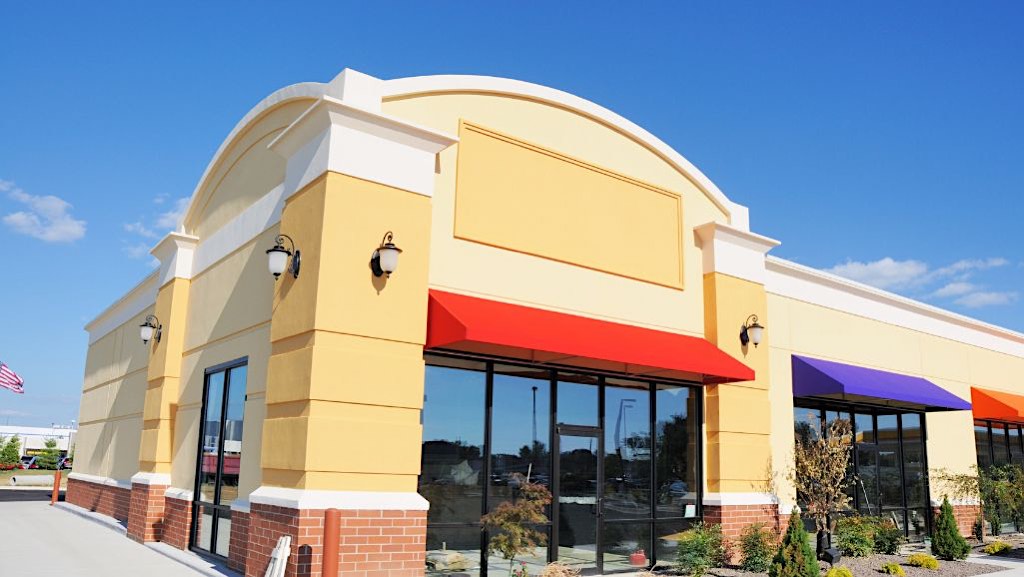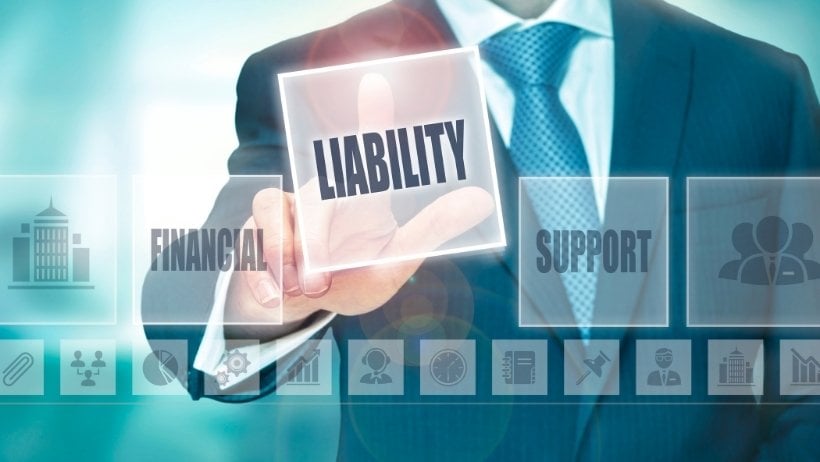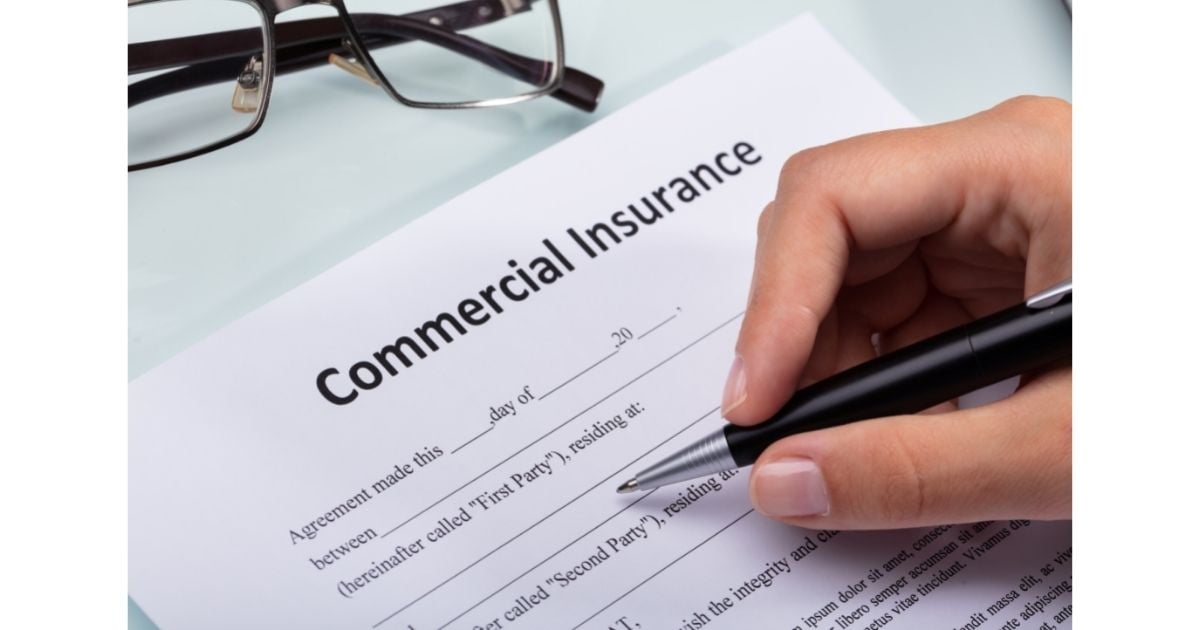
Pollution liability insurance for contractors is a critical safeguard for businesses, protecting against environmental risks and contamination claims. From covering cleanup costs to legal fees, this policy ensures companies remain secure while complying with environmental regulations. Discover how pollution liability insurance protects your company while preserving our planet’s health.
Coverage for Accidental Pollution
Pollution liability insurance covers damages and cleanup costs from environmental contamination incidents. This insurance typically covers accidental pollution incidents, including sudden chemical spills, leakage from storage containers, or emissions that damage the environment or threaten public health.
It helps pay for legal defense, settlements, or judgments if a company is found liable for pollution-related damages. Additionally, it may cover the costs of cleanup and remediation efforts mandated by environmental laws and regulations.
This insurance is crucial for companies handling potential pollutants since it mitigates financial risks associated with accidental releases and demonstrates a commitment to environmental responsibility.
Required for Specific Projects
Pollution liability insurance is essential for projects that pose environmental risks due to the handling, disposal, or emission of hazardous materials. Construction projects often require this coverage as they may involve excavation, demolition, or chemicals, which could lead to soil or water contamination. Real estate developments, especially on land once used for industrial purposes, also benefit from pollution liability insurance to address potential pre-existing contamination issues.
Manufacturing and industrial operations are other prime candidates, given their use of raw materials and chemicals that could result in air, soil, or water pollution. Additionally, renovation projects involving older buildings may face asbestos, lead paint, or mold risks.
Finally, energy-related projects such as oil and gas drilling, renewable energy installations, or pipeline work often involve elevated environmental risks, making pollution liability coverage a critical safety net for mitigating financial and legal repercussions.
Claims Examples
Pollution liability insurance is essential wherever environmental risks are significant. For instance, a machine shop using hazardous chemicals, solvents, or oils in its production processes could experience an accidental spill or leakage. In that case, the insurance would cover the cleanup costs, third-party property damage, and potential legal expenses if the spill impacted nearby communities or businesses.
Another example involves a waste management company responsible for industrial waste collection, transportation, and disposal. The insurance will provide financial protection if a containment failure occurs during transport, releasing hazardous waste into the environment. This protection includes costs related to environmental cleanup, fines, and compensation for health impacts or property damage to affected parties.
Pollution liability insurance is essential in these scenarios to manage financial exposure and ensure compliance with environmental regulations.
Contact Us Today to Save on Pollution Liability Contractors Insurance
Still have questions? Contact American Insuring Group for the best rates on general liability insurance for contractors. As independent brokers, we shop the market to find you the best deal on quality insurance! So, call us today at (610) 775-3848 or click here to start saving.



 Have you made the plunge into real estate investments and become a landlord? If you have, you aren't alone.
Have you made the plunge into real estate investments and become a landlord? If you have, you aren't alone.  Have you ever thought about why you purchased
Have you ever thought about why you purchased  There are many types of
There are many types of  Owning a small business can be an extremely rewarding experience, but it also comes with its share of risks that can impact the success of your business – employee injuries, fires, lawsuits, thefts, and the list goes on.
Owning a small business can be an extremely rewarding experience, but it also comes with its share of risks that can impact the success of your business – employee injuries, fires, lawsuits, thefts, and the list goes on.
 If you own a fleet of trucks, are an independent truck driver, or use trucks for business, you need
If you own a fleet of trucks, are an independent truck driver, or use trucks for business, you need  Every restaurant owner or manager knows that accidentally omitting even one key ingredient from a recipe can have a devastating effect. The same is true with
Every restaurant owner or manager knows that accidentally omitting even one key ingredient from a recipe can have a devastating effect. The same is true with  Third-party food delivery got a serious boost when Pennsylvania Governor Tom Wolf ordered all restaurants and bars to close their dine-in facilities to help stop the spread of COVID-19, while still permitting carry-out, delivery, and drive-through food and beverage service. Many restaurants began offering food delivery through apps such as Grubhub and UberEats.
Third-party food delivery got a serious boost when Pennsylvania Governor Tom Wolf ordered all restaurants and bars to close their dine-in facilities to help stop the spread of COVID-19, while still permitting carry-out, delivery, and drive-through food and beverage service. Many restaurants began offering food delivery through apps such as Grubhub and UberEats.  As specialists in
As specialists in 



